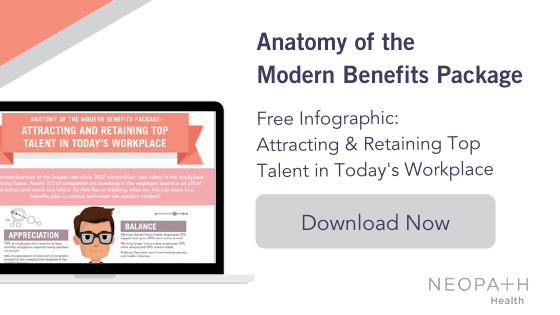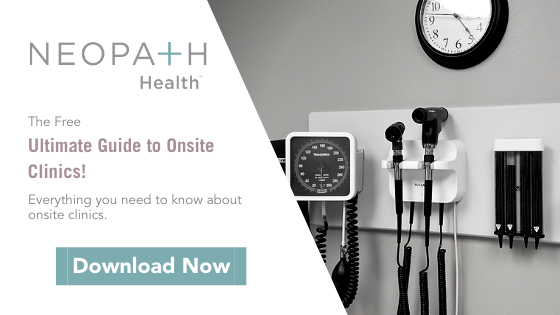Water and Benefits – yes, they have a lot in common.
I remember when I was a young child, my parents from time to time would take me out to fun places that I could enjoy with my siblings and or friends along the way. We would visit places like the zoo, the science museum, the planetarium (yeah, same building), movie theatres, theme parks etc. Though each activity/location/experience provided its own unique experience they all have something in common. The price of admission. You want to see a giraffe? Be up close and personal with the Orion constellation? Watch Iron Man go toe to toe with The Hulk? It’s very simple, stand in line and pay the fee, service delivered.

When I look at employers and I think about employee benefits I get the same feeling that many other industries have levied onto consumers. Hey Employer, you want revenue? You want to hire talented workers? You might need them to stay so how are we going to retain them? As an employer you pay the admission fee (purchase benefits) and the inverse happens, you can now deliver services or products, either way if you want to engage in capitalism, social experiences almost anything, you must pay the price of admission.
The employer due to its size and aggregation of employees is the parent in our consumer experience, they pay our fee, the price of admission to have access to “benefits”. What is different is that the benefit experience is designed to be a limited experience, we essentially confine 30% of an employee’s total income package under the semblance of benefits. We then straddle these benefits with Co pay, deductible, out of pocket maximum’s, in network vs out of network, Pharmacy Benefit managers, rules for brand vs. generic medications, just to name a few. To the everyday employee this is long form algebra, something we all were taught years ago and frankly is just enough of an impediment that it will likely deter the employee to truly engage with their benefits.

Today, the same movie theaters of my youth are generally still around, the theme parks have new rides but are still around, the museums have new exhibits, but they are still the same museums. With many of these traditions in society I firmly believe they understand how consumers like to pay the price of admission. As a child the long lines were the least resistant path available to get tickets to the event, it was a very bearable experience. Fast forward to today and we consumers have moved online and our theaters, parks museums followed suit and now we buy our tickets, for the time we want, when we want long ahead of or without having to be near the venue. The box office has been exported to the user, it is now in our pocket and quite a simple process.
I heard the following saying long ago and I’ve always felt it to be true, humans flow like water and take the path of least resistance. The consumer market has responded in kind and made the experience almost as seamless as they can, but I don’t feel the same courtesy has been granted in the benefits arena let alone healthcare itself. We’ve wired our benefit and healthcare system in a way that seamless engagement is near impossible. But are we as humans wired to engage with complex experiences? No, Thank you for the answer science.
We’ve wired our benefit and healthcare system in a way that seamless engagement is near impossible. But we as humans aren't wired to engage with complex experiences. #HR #Benefits #EmployeeWellness [Click to Tweet!]
We all live in a society that won’t even make it to the second page on a google search engine query…. People don’t like resistance, they are not going to figure this out. Life is in the way. Why do we place such impediments on 30% of our income, why do we call this “benefits”? Who is the true benefactor? I think in summary we can learn a lot from outside of the benefits industry and outside of the healthcare delivery sector itself. The industry needs simplicity, simplicity will foster engagement and the more engaged, not confused our employees are the greater the production levels and the higher quality of life due understanding (knowledge) and access without impediment. Keep it simple and let your people flow!
.png?width=433&name=NeoPath_2019_logo_2color%20(1).png)




